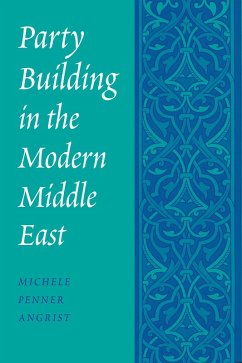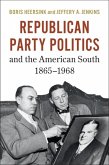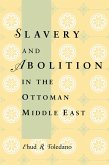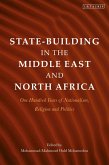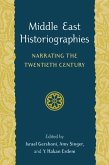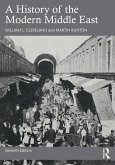Why was Turkey - alone of all the modern states that emerged from the Ottoman Empire - the only Middle Eastern country to evolve lasting competitive political institutions? While democratic processes grew steadily in Turkey during the twentieth century, its neighbors turned to forms of authoritarian rule that reinforced the powers of armies, families, single parties, or monarchs. Michele Angrist argues that democracy and dictatorship in the Middle East can be understood by studying the nature and status of political parties operating at the moment of independence.
Looking carefully at Muslim-majority states where parties played a crucial role in state formation between the 1940s and the 1960s, Angrist challenges the idea that Islam, class structures, levels of development, and/or international factors dominated domestic politics in the region. She writes across the regional divides that have isolated Turkish, Arab, and Persian studies from each other. Comparative political scientists, Middle East social scientists, and scholars of Turkey will find here a compelling account of party building and democratization in the modern Middle East.
Looking carefully at Muslim-majority states where parties played a crucial role in state formation between the 1940s and the 1960s, Angrist challenges the idea that Islam, class structures, levels of development, and/or international factors dominated domestic politics in the region. She writes across the regional divides that have isolated Turkish, Arab, and Persian studies from each other. Comparative political scientists, Middle East social scientists, and scholars of Turkey will find here a compelling account of party building and democratization in the modern Middle East.
Dieser Download kann aus rechtlichen Gründen nur mit Rechnungsadresse in A, D ausgeliefert werden.

